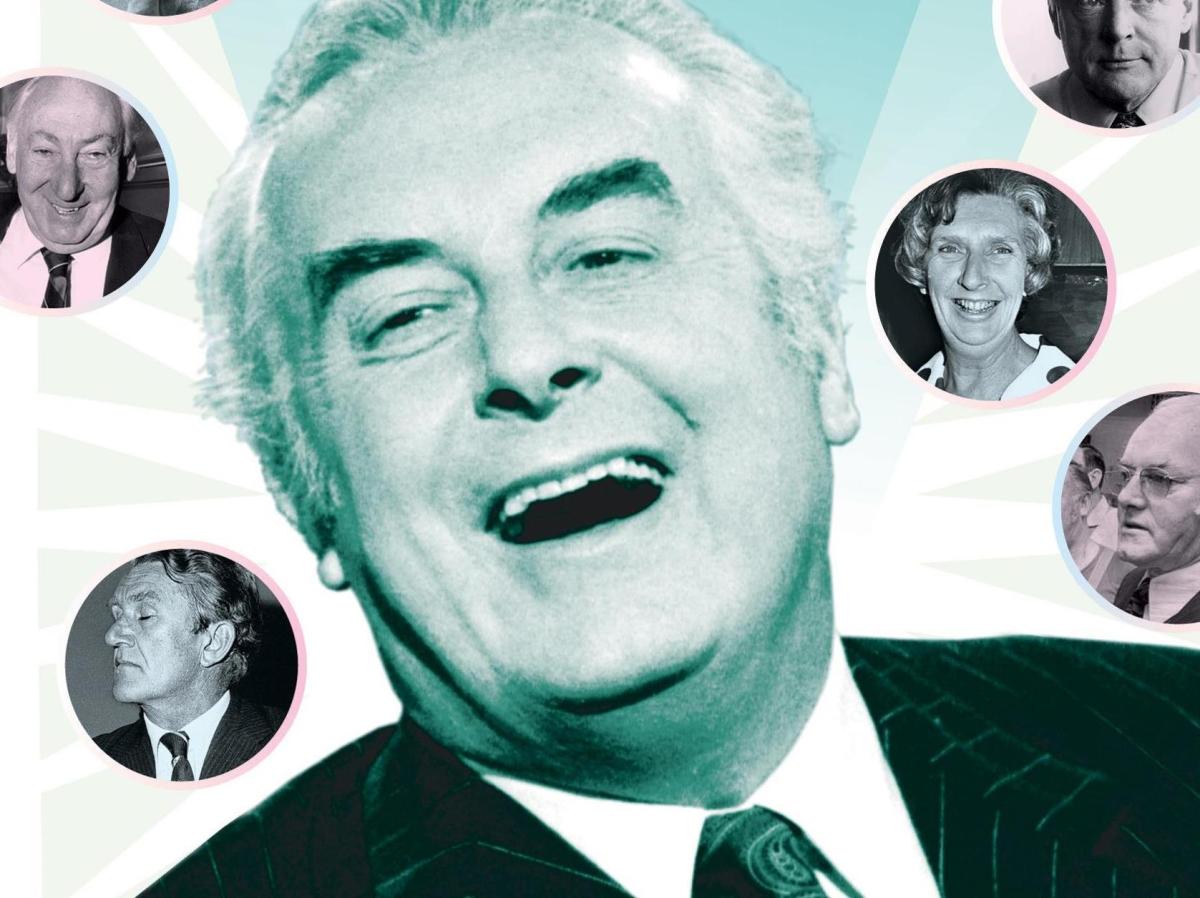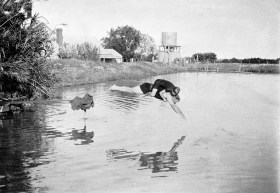Reading this book is like sitting by the fireside listening to Uncle Mungo telling stories about the good old days.
This is due to the impeccable conversational style Mungo MacCallum uses. It’s not that MacCallum pretends those long-gone days in the 1970s were all good, but a certain nostalgia for the political culture of the Whitlam years infuses his writing.
Throughout The Whitlam Mob, MacCallum gives glimpses of politicians that somehow morph into meaningful, albeit all too brief, insights into not only Gough Whitlam but also around forty of his friends, supporters, opponents and enemies. In a way, this is oral history at its unrepentant and biased best; unashamedly, these reminiscences come from a person openly willing to pay homage to Whitlam and the policies his Labor party embraced. In its short term in office, the Whitlam government introduced many reforms and made a few spectacular mistakes. MacCallum is clear-eyed about the shortcomings of the people who make up the Whitlam mob but describes them with perhaps too delicate a touch. To refer to the raid on ASIO headquarters in 1973, instigated by Lionel Murphy, as ‘being more farcical than sinister’, for instance, hardly conveys how this inglorious episode was perceived at the time.
However, the undoubted achievements of the Whitlam government are not exaggerated. Readers are reminded that Whitlam brought ‘The Program’ to the election he won – a formidable set of reforms, including withdrawing troops from Vietnam; equal pay for women; recognising China; no-fault divorce; banning sexual and racial discrimination, and abolishing tertiary education fees. Remember, this was forty years ago.
The Whitlam Mob is not a political treatise, nor does it set out to be. Rather, it is a book about people and, with the possible exception of Joh Bjelke-Petersen, they are people who are personally well known to MacCallum. His respect and affection for most of these people permeates the pages and leaves the reader fascinated and longing to know more about them.
The book recalls a host of delightful bon-mots, many as enjoyable, if not as famous, as Whitlam’s epic ‘Well may we say “God save the Queen”, because nothing will save the Governor-General.’ Two people well respected for their parliamentary performances but less well known for their friendship were Whitlam and Jim Killen, the latter of course a member of the ‘Other Mob’. MacCullum writes, ‘Jim Killen was not as fluent as Menzies, as erudite as John Wheeldon, as passionate as Eddie Ward or as funny as Fred Daly. But no one was better at looking and sounding like the very model of a parliamentarian.’ Summations of this quality conclude each chapter.
It is intriguing that among so many greats included in the ‘Other Mob’, Edward St John is granted a chapter despite having served only one term in parliament – which ended in 1969. Perhaps he is included because he contributed to the destabilisation of the Liberal Party. John Howard, by contrast, has not earned a chapter, probably because he did not become a member of parliament until 1974. But Howard’s arch-rival for many years, Andrew Peacock, deserves and gets a chapter. And only one woman, Margaret Whitlam, gets a well deserved chapter to herself, although a very few of the more influential spouses are mentioned.
Overall, The Whitlam Mob, with its entertaining and informative vignettes forming a unique picture of Australian politics at the time, is a book worth reading more than once regardless of age, gender or political persuasion.
Rating: 4 out of 5 stars
The Whitlam Mob
Mungo MacCallum
Paperback 233 pages
9781863956796 (paperback)
9781922231758(ebook)
Published by Black Inc.
Release date: August 2014





